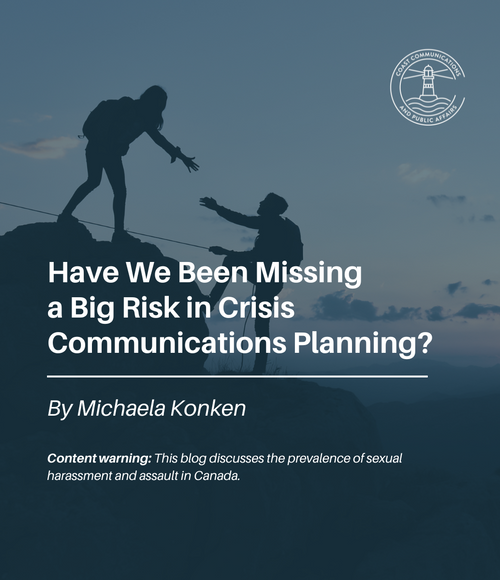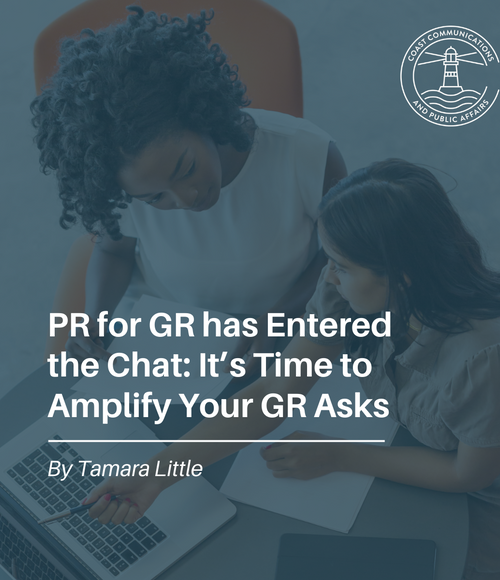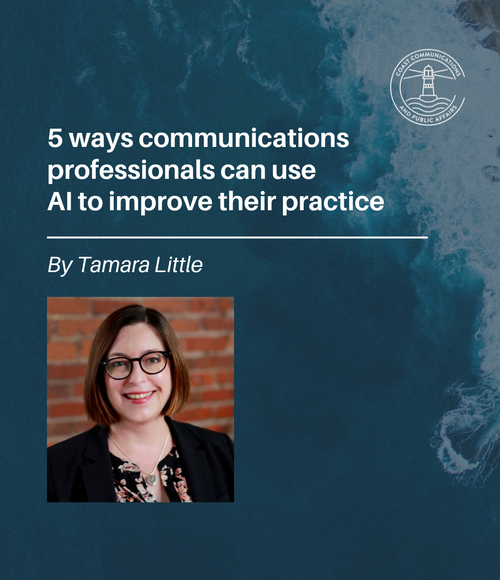OpenAI, the organization behind the revolutionary ChatGPT large language model (LLM) chatbot, has had a tumultuous week.
An Unexpected Firing
On Friday, November 17, OpenAI announced that company CEO Sam Altman was stepping down. This came as a massive shock to anyone following the goings-on at the buzziest tech startup in the world. Not only was Altman generally well-liked internally and externally, but under his tenure, the valuation of OpenAI had skyrocketed to $90 billion, driven by the release of the astounding Chat-GPT series chatbot that was the first real public-access AI tool.
Why would a company and its board of directors ouster a CEO responsible for such astonishing value creation? Unclear.
In a statement, the OpenAI board said: "Mr. Altman's departure follows a deliberative review process by the board, which concluded that he was not consistently candid in his communications with the board, hindering its ability to exercise its responsibilities. The board no longer has confidence in his ability to continue leading OpenAI."
As far as statements go, this wasn't a great one. It made it clear that the board believed that Altman "was not consistently candid" — in other words, he lied to them. But it didn't explain what he was lying about. In media training, we would say you didn’t formulate an appropriate response to the question. More on this below…
The Second Coming of Sam Altman
Given the undeniable success that Altman had enjoyed at OpenAI, further explanation of his dismissal was essential — but none was provided. Instead, the public was treated to a weeklong roller coaster ride of very public hiring and firings.
ICYMI: In quick succession, it was reported that:
- OpenAI chief technology officer Mira Murati was appointed as interim CEO
- OpenAI president and co-founder Greg Brockman was quitting the company
- Twitch CEO Emmett Shear was replacing Mira Murati as interim CEO
- Microsoft — one of OpenAI's main funders — had hired Altman to lead a new artificial intelligence department
- Most of OpenAI's 800 employees had signed a letter demanding that Altman be reinstated as company CEO
- Brockman, several other OpenAI leaders and, perhaps, most of the company's employees were joining Altman at Microsoft
- Sam Altman was returning to OpenAI as CEO
- The OpenAI board of directors was being replaced
The saga had more twists and turns than a typical episode of Succession, and it feels as if a tell-all book and subsequent movie adaptation are all but inevitable.
At this stage, many details are still unclear. But what is apparent is that the OpenAI board had mishandled the situation. It had failed to communicate effectively and explain its actions, which resulted in a PR disaster.
4 Communications Lessons from the OpenAI Debacle
What can we learn about board, executive, internal and external communications from this?
During his (very) brief stint as OpenAI CEO, Emmett Shear said: "It's clear that the process and communications around Sam's removal has been handled very badly, which has seriously damaged our trust." A worrying statement for an AI company to make.
In the fullness of time (and Netflix movie), we’ll learn more, but in the meantime, here are four lessons companies can learn from OpenAI's wacky week of miscommunication.
1. Know Your News Value
Like many companies hoping to slip an inconvenient announcement past a ravenous row of newshounds, OpenAI released its statement on a Friday (aka garbage day). But it was sorely mistaken if it thought this would reduce interest in the story.
As the company behind ChatGPT and one of the most valuable tech startups in the world, everything it does is newsworthy. It hits just about all the news values: Timeliness, conflict, human interest, unexpectedness, impact, prominence.
The board of directors underestimated OpenAI's news value and was unprepared for the overwhelming amount of media coverage and speculation that ensued.
Key takeaway: News dumps don't always work. Be realistic about the news value of a story or issue. If there's likely to be a media storm, prepare for it. Hoping that the media will miss or ignore a story is not a strategy.
2. Have a Crisis Communications Plan
Crisis arrives, open the crisis comms plan. But the OpenAI board did not seem to one, even on the back of a napkin, when it announced the firing of Sam Altman. As a result, it was immediately on the back foot and reactive in its messaging.
A cornerstone of a crisis comms plan are the key messages, and the board did not have a clear and consistent message. Nor did they have a roadmap on how to respond. Will you do a presser, release a statement and do follow-up media? What Q&As do you have for the tough issues that will come up? A crisis comms plan is your roadmap and the board was wandering without any clear direction. With such a major announcement, it should have been prepared for the inevitable fallout by creating a detailed crisis comms plan.
Key takeaway: Every company should have an up-to-date crisis communications plan for when a crisis hits. When, as with OpenAI, the company itself sets things in motion, there is no excuse for not having a crisis communications plan.
3. Know Your Audiences (hint, internal is a key one)
For many companies, its most important audience is its employees. This was certainly the case for the board of OpenAI. The developers and scientists working at OpenAI are vital to the success of its AI tools — without them, these tools would not exist.
Yet, the board seemed blindsided by employees' strong and seemingly effective response to the announcement. Their loyalty to Altman backed the board into a corner and threatened the complete dissolution of the company. Once the vast majority of OpenAI employees aligned themselves with Altman, it was clear that the board of directors had miscalculated.
Key takeaway: A company should deeply understand its key audiences. It should always be clear how these audiences will think, feel and respond to any given announcement. And don’t forget your employees. Without them, you have nothing (at least until the robots arrive and do the work for us).
4. Tell Your Story
The OpenAI board did a terrible job of telling its story. Perhaps it was limited in what it could share, but it should surely have realized that a vague statement about Altman not being candid was insufficient and would actually raise more questions.
The board was trying to oust a CEO with a lot of support and goodwill (he used to run an incubator and knows everyone), so it needed to make its case and tell its side of the story. If, as some reports suggested, Altman's firing was an attempt to reduce the risk posed by a significant AI breakthrough, the board did not make this clear. Instead, it made hazy accusations that did little to win over hearts and minds.
Key takeaway: Companies must tell their side of the story in an open and honest way if they hope to win over an audience. Vague language and statements wrapped in layers of legalese will only lead to speculation and mistrust.
Those, like us at Coast Comms, who are avid AI users, are on the edge of our seats to see what will happen next. And how it will impact AI (Chat GPT-4 crashed for a bit yesterday!).
But boards, executives, CEOs and comms teams should take note of lessons on how to create PR chaos and existential threats by poorly communicating (no singularity and sentient robots needed).



